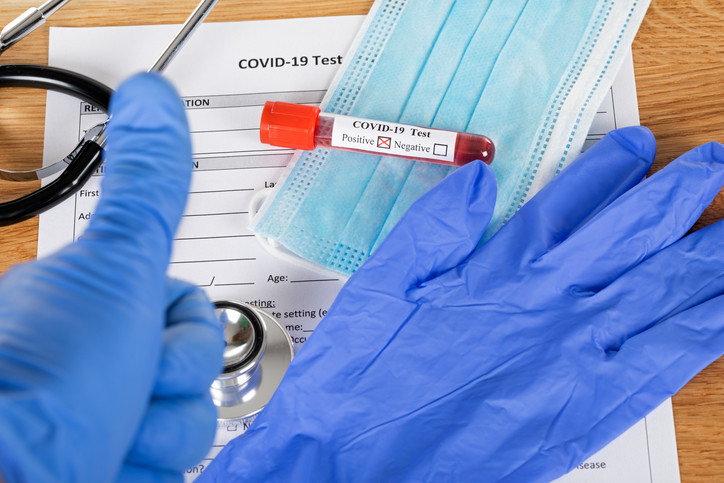The COVID-19 pandemic has brought the question of testing to everyone’s mind as infection rates have spread in our communities and we search for credible information among a deluge of conflicting sources.
According to the United States Centers for Disease Control and Prevention (CDC), “Most people with mild illness can recover at home without medical care and may not need to be tested.” The CDC explains that the two types of tests available for COVID-19 are viral tests and antibody tests. A viral test tells you if you have a current infection while an antibody test tells you if you had a previous infection.
The CDC states that, “An antibody test may not be able to show current infection, because it can take 1-3 weeks to make antibodies after symptoms occur.” If after taking a viral test, one tests positive for COVID-19, the CDC offers guidance for taking protective measures when caring for that person. “If you test negative for COVID-19 by viral test, you probably were not infected at the time your sample was collected. However, it does not mean you will not get sick. The test only means that you did not have COVID-19 at the time of the testing,” the CDC stresses.
To speak with a healthcare provider at Primary Medical Care Center & Urgent Care Clinic to assess any non-emergency health concerns, including suspected COVID-19 symptoms, please call (305)751-1500 for our Miami-Dade clinic or (954)289-0000 for our Broward clinic. For life-threatening emergencies, always call 911. For coronavirus updates and resources, please visit our website at www.primarymed.com
Source: https://www.cdc.gov/coronavirus/2019-ncov/symptoms-testing/testing.html
